Road To the Top
This is a post I sent to Dylan Loeb MaClain of the New York Times just the other day, and Mr Maclain wrote back explaining with great clarity his views on the World Chess Championships situation.
Dylan Loeb McClain, You wrote: Biel is part of the “First” grand prix tournament in a series to select a challenger for the world championship in 2010. Is there a list of this series you talk of. I am sure it has already been finalized or do you think it could change? Magnus Carlsen almost looked sad when I heard him give an interview and said that it will take him three years to become World Chess Champion. My goodness he is only points away from taking the First Place just slightly behind V. Anand. I would like to hear your view what I seem to believe a very long road indeed to the top!
— Posted by Steven Nicholls
Mr. Nicholls,
If you clink on the link which says "grand prix tournament" it will take you to a story that lists the six grand prix events. The next one begins Wednesday in Sochi, Russia, although evidently Carlsen will not be playing in it as he is right now competing in Biel, Switzerland, and then goes to Mainz, Germany, for another event.
Of course, Carlsen only needs to play in three grand prix events as the best three results will be used to calculate the winner of the series.
According to the World Chess Federation (which has been known in the past, to put it nicely, to be somewhat whimsical about adhering to previously announced rules), the winner of the series will play the winner of the 2009 World Cup in 2010. The winner of that match will play a match against the world champion for the title.
That would mean that Carlsen, should he emerge as the challenger, could do no sooner than slightly more than two years from now, when he will be about to turn 20.
Is that too long? Not necessarily. The system that was used from the 1950’s through 1993 was a three-year cycle between championship matches. That may seem long, but during the intervening period there were a series of tournaments and matches that were a rigorous test so that it was clear that the challenger who emerged really deserved a shot at the title. The length of time between championship matches also served to heighten the tension and build-up to the championship match, making them all that more special.
The problem today is that the federation keeps changing the rules, making it hard for any but the most hard-core fans to understand or to follow. That discourages sponsorship interest and reduces commercial appeal. I don’t think having a grand prix series where the winner faces the winner of the world cup in a match with that winner going on to a championship match is a bad system. It would just be nice if the federation stuck to that system as opposed to changing it again in another year which, based on its past track record, it probably will do.
By the way, I am a bit of purist (or maybe I should say traditionalist) and I think that having a world championship match (preferably of at least 16 games) is the proper format for choosing a champion. I think that the world championship tournaments that Viswanathan Anand of India won last year and Veselin Topalov of Bulgaria won in 2005 are not quite as good a measure for selecting a champion.
I hope I answered your questions and gave you some insight into what I think. Let me know if I overlooked something.
— Posted by Dylan Loeb McClain
Here is information in regards to the second grand prix tournament The tournament will run July 30 - August 15, with thirteen rounds and two rest days - the standard schedule for all six tournaments. Live Games
More exciting chess in Mainz,Germany. Only the best meet the best! Check it out here




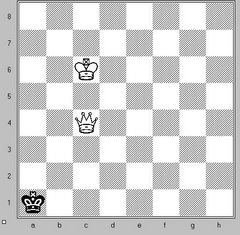
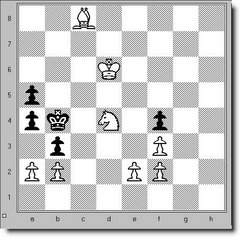
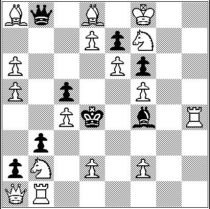
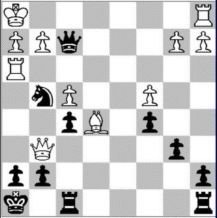
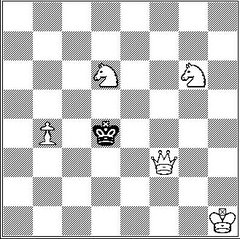
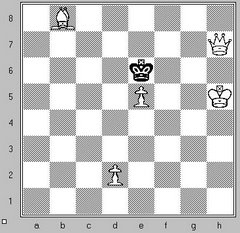
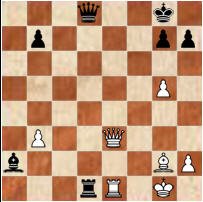

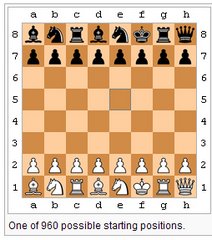
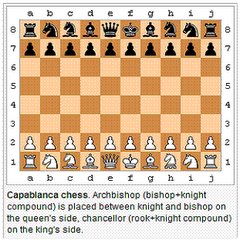
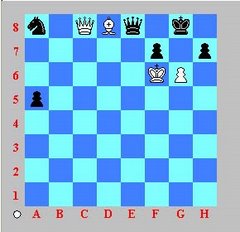
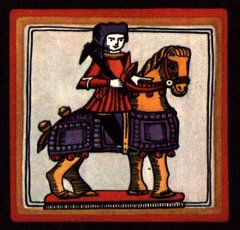
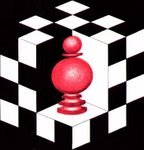




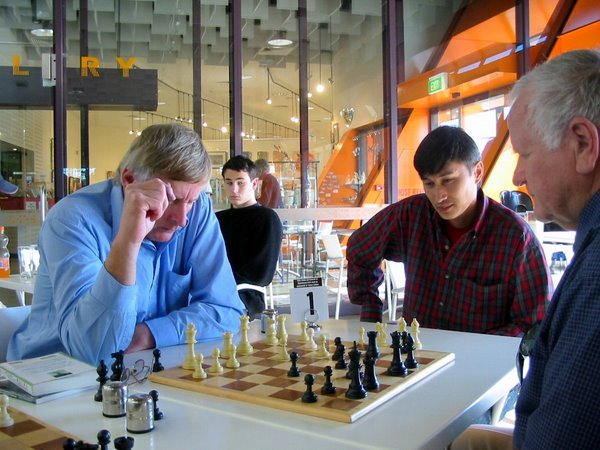
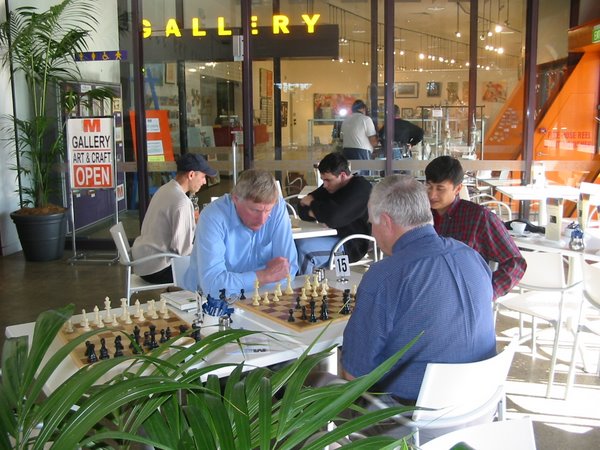
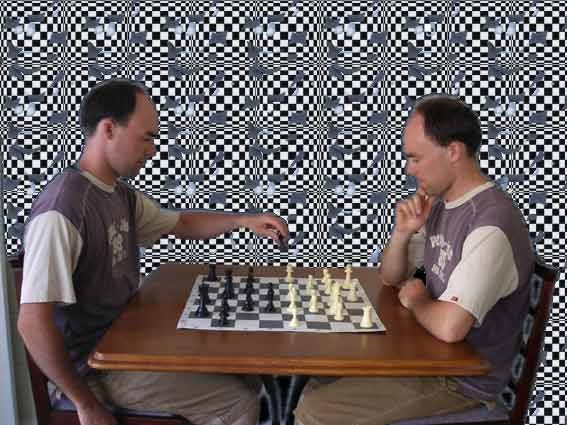

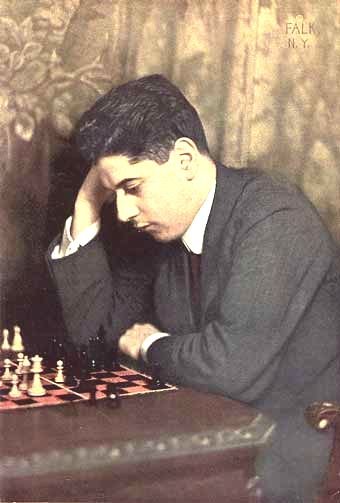
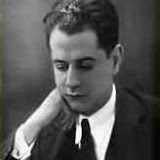
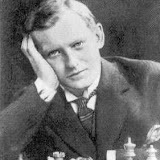
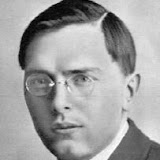
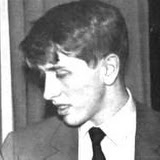
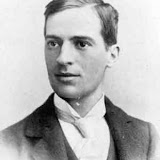

1 comment:
wow nice blog
Post a Comment